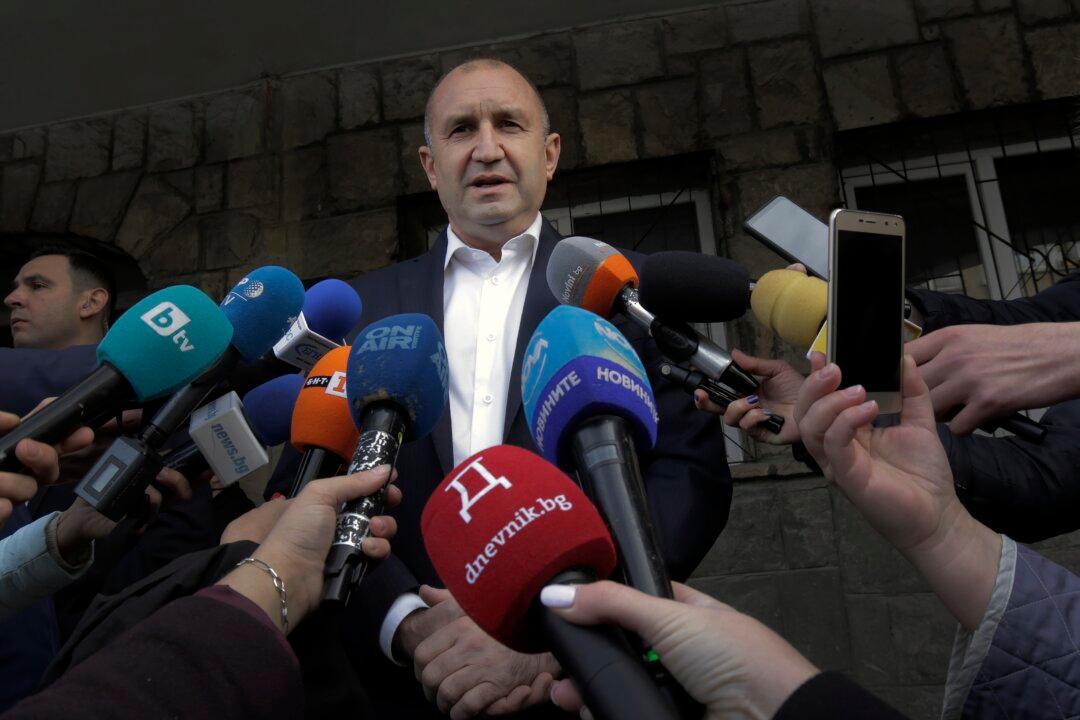The president of Bulgaria has vetoed a previously signed agreement to provide Ukraine with armored vehicles drawn from the country’s stockpile of military equipment.
“These vehicles should be used to safeguard Bulgaria’s borders and help citizens in the event of disasters,” President Rumen Radev said on Dec. 4, according to Bulgaria’s BTA news agency. “The lives and safety of Bulgarian citizens should be our top priority.”





